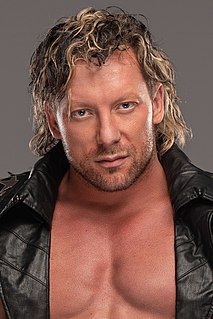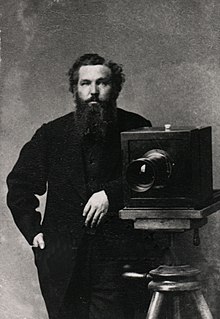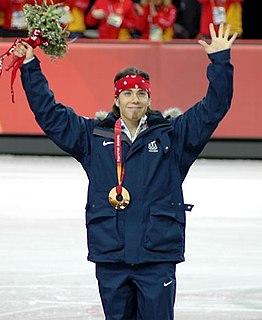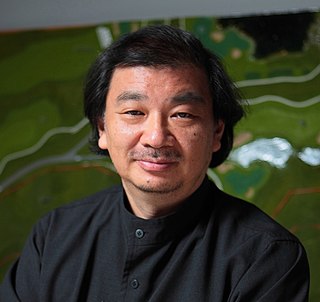Цитата Рюичи Сакамото
Я не посол Японии или японской культуры.
Темы цитат
Связанные цитаты
Очень приятная медитация на любопытную вещь под названием «дзен» — не японскую религиозную традицию, а скорее западное клише дзен, которое используется в рекламе, книгах по самопомощи и многом другом. . . . Ямада, знаток буддизма и специалист по стрельбе из лука, предлагает свежий взгляд на западные стереотипы о Японии и японской культуре, а также на то, как они воспринимаются в Японии.
Япония, не только мега-оживленный город, который процветает за счет электроники и эффективности, на самом деле имеет почти священное уважение к природе. Нужно выехать за пределы Токио, чтобы по-настоящему познакомиться со «старой Японией» и, что более важно, почувствовать эти аспекты японской культуры.








































